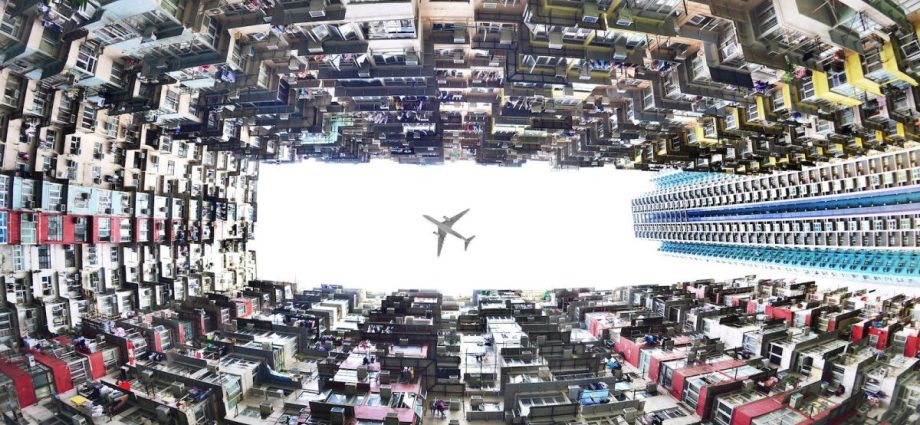The killing of Hamas leader Ismail Haniyeh in Tehran early Wednesday followed by the targeted assassination of Hezbollah commander Fuad Shukr prompted headlines warning of wider conflict in the Middle East.
The price of oil rose by US$3. Gold had traded somewhat higher prior to the killing of Haniyeh, but did not move on the news. The muted market reaction is appropriate.
Although Iran will fulminate over the killing of a Hamas leader visiting Tehran for the inauguration of its new president, the Shiite regime in Tehran will not risk important assets to avenge a Sunni troublemaker.

China’s relaxed view of the situation is worth highlighting. The Observer (guancha.cn), a private news website that often reflects government views, interviewed Professor Fan Hongda of the Shanghai International Studies University.
He said in so many words that the elimination of Faniyeh will promote moderation: “I think this incident will not have much impact on the Palestinian-Israeli peace process because now Palestine and Israel have no way to have direct dialogue and the platform for relevant dialogue no longer exists, so it cannot be said to have a very big impact.”
Fan added:
As for the internal conflicts in Palestine, they are very deep and cannot be resolved in a day or two. There are many people and factions that have opinions about Hamas. So from this perspective, such emergencies, including the destruction of leaders and the weakening of Hamas power, are not only welcomed by Israel, but also by many factions in Palestine. So far, there is a huge gap between the positions of Hamas and Fatah. If Hamas cannot play a greater role now, it will obviously benefit a series of factions including Fatah and their political positions of peace talks with Israel.
As the largest importer of Persian Gulf oil, China has a great deal to lose from a wider war. Israel’s response to the Houthi drone attack on Tel Aviv earlier this month is a case in point; Israel retaliated by attacking a Houthi refinery. If it can destroy a refinery in Yemen, it can do so in Iran as well, not to mention Iran’s oil terminals.
Often the threat is mightier than the execution and all the interested parties in the region will do their own risk-reward analysis on the subject of regional escalation. As Fan said, “We have known for a long time that Iran’s domestic security situation is not good.”
He added:
This is not the first time that assassinations have occurred in Iran. Previously, there have been many cases of Iranian nuclear scientists and Revolutionary Guard officers being attacked or even assassinated on the streets. It is generally believed that there are many spies in Iran, especially Israeli spies in Iran, so it is difficult for Iran’s security to prevent them. This is also one of the important reasons why important figures in Iran have been assassinated one after another. Of course, I am not accusing Israel of killing the Hamas leader today. I can only say that there are a large number of Israeli spies in Iran.
The message to Tehran in so many words is: Don’t press your luck.
This analysis will appear in this week’s edition of Asia Times’ Global Risk-Reward Monitor newsletter. Follow David P. Goldman on X at @davidpgoldman

